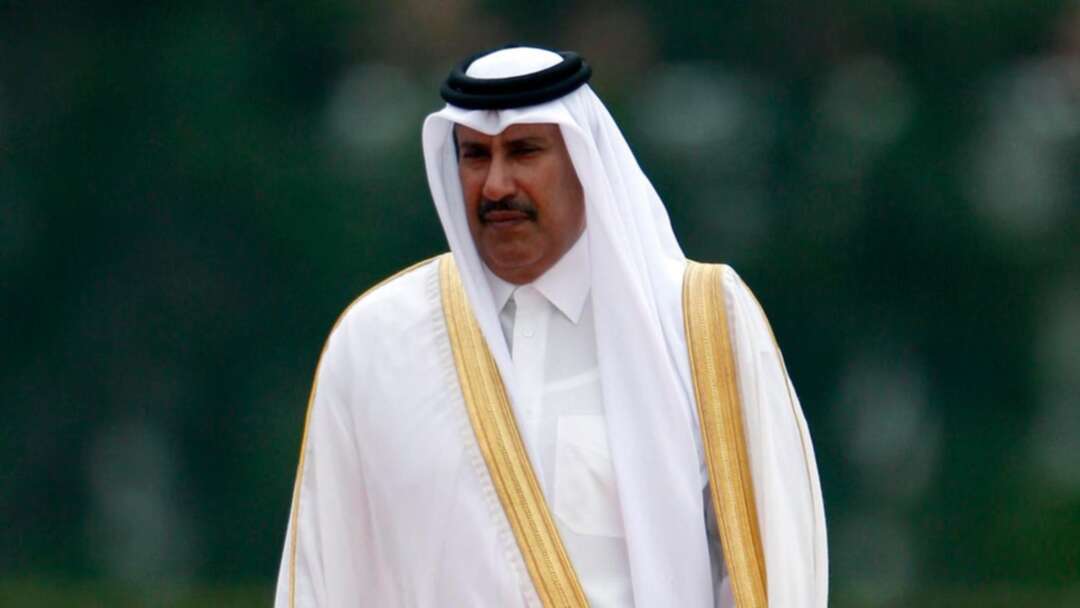-
Qatari royal is among investors exposed in Credit Suisse supply-chain funds

Qatar’s former prime minister is one of the wealthy Middle Eastern investors exposed to Credit Suisse Group AG’s troubled supply-chain finance funds, according to people familiar with the matter.
Vehicles linked to Sheikh Hamad bin Jassim Al Thani invested approximately $200 million in the funds that bought loans from Greensill Capital, the financial firm that collapsed in early March, said the people, asking not to be named because they are not authorized to speak on the matter.
It’s unclear how much Sheikh Hamad, also the former head of Qatar’s sovereign wealth fund, stands to lose, and the preliminary estimates of his exposure could change. Representatives for Credit Suisse and Sheikh Hamad declined to comment.
The bank is in a tough spot as it’s seeking to retain the relationship with wealthy clients while leaning toward letting investors foot the bill if it can’t recover the full amount of the loans held in the Greensill-linked funds. Out of $10 billion managed by the funds, Credit Suisse had sold more than $1 billion through its private banking arm in the Middle East, Bloomberg reported earlier.
The Swiss lender has been deeply involved with Qatari investors for years and has a long-standing relationship with Sheikh Hamad. During his tenure as head of the Qatar Investment Authority, which ended in 2013, the sovereign wealth fund became one of the Swiss bank’s largest shareholders and appointed Credit Suisse as adviser on some high-profile deals.
In 2012, they formed an asset management joint venture, called Aventicum Capital Management. Sheikh Hamad also owns a stake in Deutsche Bank AG.
Last month, Credit Suisse froze its Greensill funds and started liquidating the investments as Lex Greensill’s firm filed for insolvency. The supply-chain finance funds hold more than $1 billion of notes linked to Sanjeev Gupta’s GFG Alliance, a metals group at risk of collapse, and hundreds of million of notes to other companies backed by sales that hadn’t occurred yet.
The bank is planning to transfer hard-to-value assets into side pockets while returning some cash to investors. It paid $3.1 billion in March and said it will make a further payment by mid-April.
source: Bloomberg
Image source: AP
Levant
You May Also Like
Popular Posts
Caricature
BENEFIT Sponsors BuildHer...
- April 23, 2025
BENEFIT, the Kingdom’s innovator and leading company in Fintech and electronic financial transactions service, has sponsored the BuildHer CityHack 2025 Hackathon, a two-day event spearheaded by the College of Engineering and Technology at the Royal University for Women (RUW).
Aimed at secondary school students, the event brought together a distinguished group of academic professionals and technology experts to mentor and inspire young participants.
More than 100 high school students from across the Kingdom of Bahrain took part in the hackathon, which featured an intensive programme of training workshops and hands-on sessions. These activities were tailored to enhance participants’ critical thinking, collaborative problem-solving, and team-building capabilities, while also encouraging the development of practical and sustainable solutions to contemporary challenges using modern technological tools.
BENEFIT’s Chief Executive Mr. Abdulwahed AlJanahi, commented: “Our support for this educational hackathon reflects our long-term strategic vision to nurture the talents of emerging national youth and empower the next generation of accomplished female leaders in technology. By fostering creativity and innovation, we aim to contribute meaningfully to Bahrain’s comprehensive development goals and align with the aspirations outlined in the Kingdom’s Vision 2030—an ambition in which BENEFIT plays a central role.”
Professor Riyadh Yousif Hamzah, President of the Royal University for Women, commented: “This initiative reflects our commitment to advancing women in STEM fields. We're cultivating a generation of creative, solution-driven female leaders who will drive national development. Our partnership with BENEFIT exemplifies the powerful synergy between academia and private sector in supporting educational innovation.”
Hanan Abdulla Hasan, Senior Manager, PR & Communication at BENEFIT, said: “We are honoured to collaborate with RUW in supporting this remarkable technology-focused event. It highlights our commitment to social responsibility, and our ongoing efforts to enhance the digital and innovation capabilities of young Bahraini women and foster their ability to harness technological tools in the service of a smarter, more sustainable future.”
For his part, Dr. Humam ElAgha, Acting Dean of the College of Engineering and Technology at the University, said: “BuildHer CityHack 2025 embodies our hands-on approach to education. By tackling real-world problems through creative thinking and sustainable solutions, we're preparing women to thrive in the knowledge economy – a cornerstone of the University's vision.”
opinion
Report
ads
Newsletter
Subscribe to our mailing list to get the new updates!






















